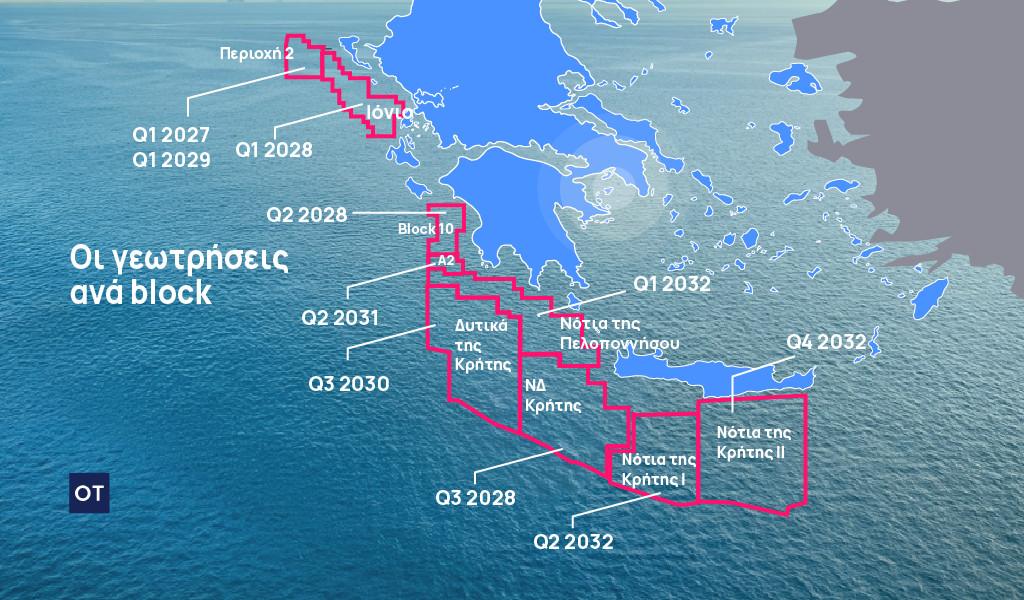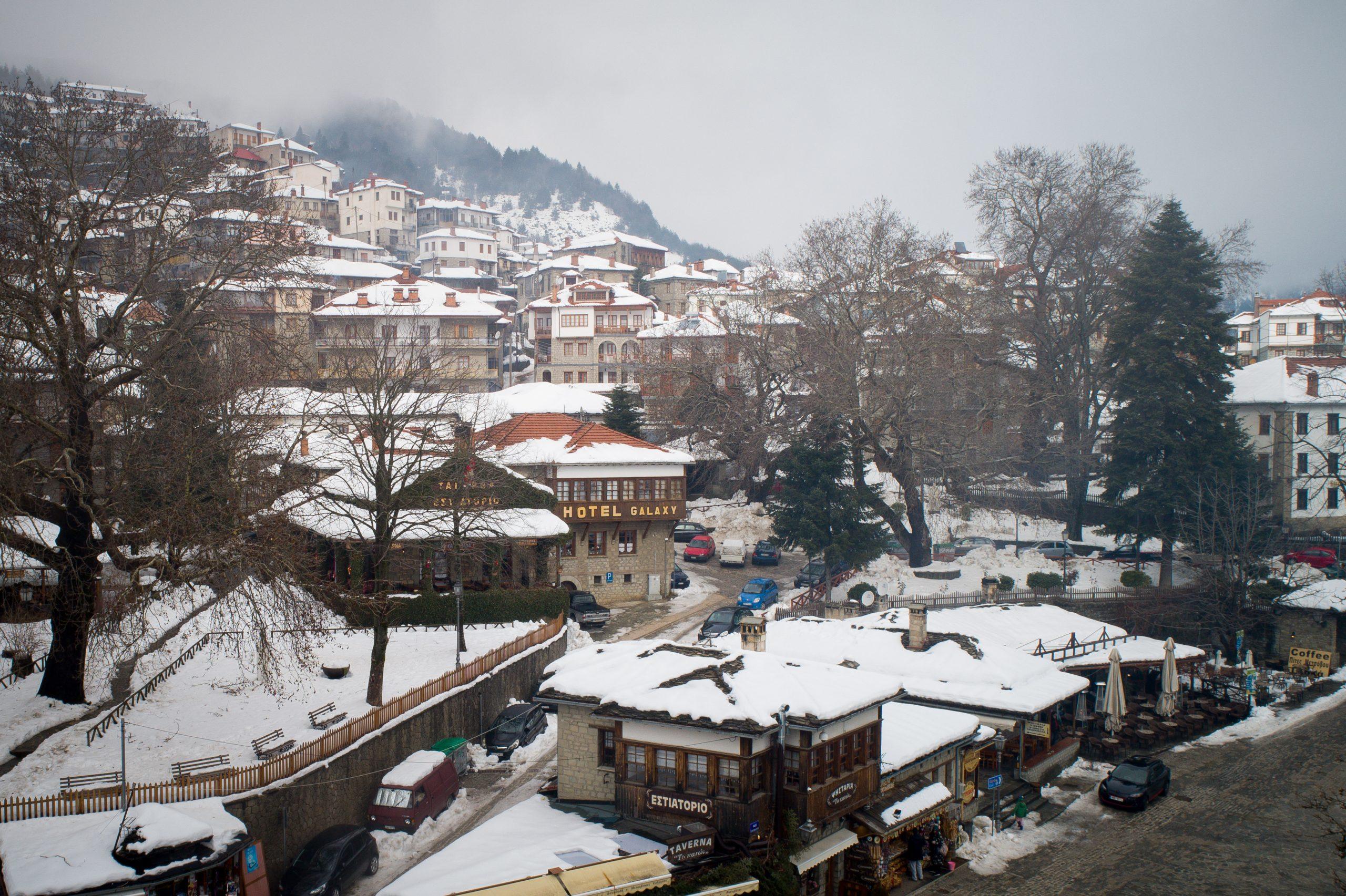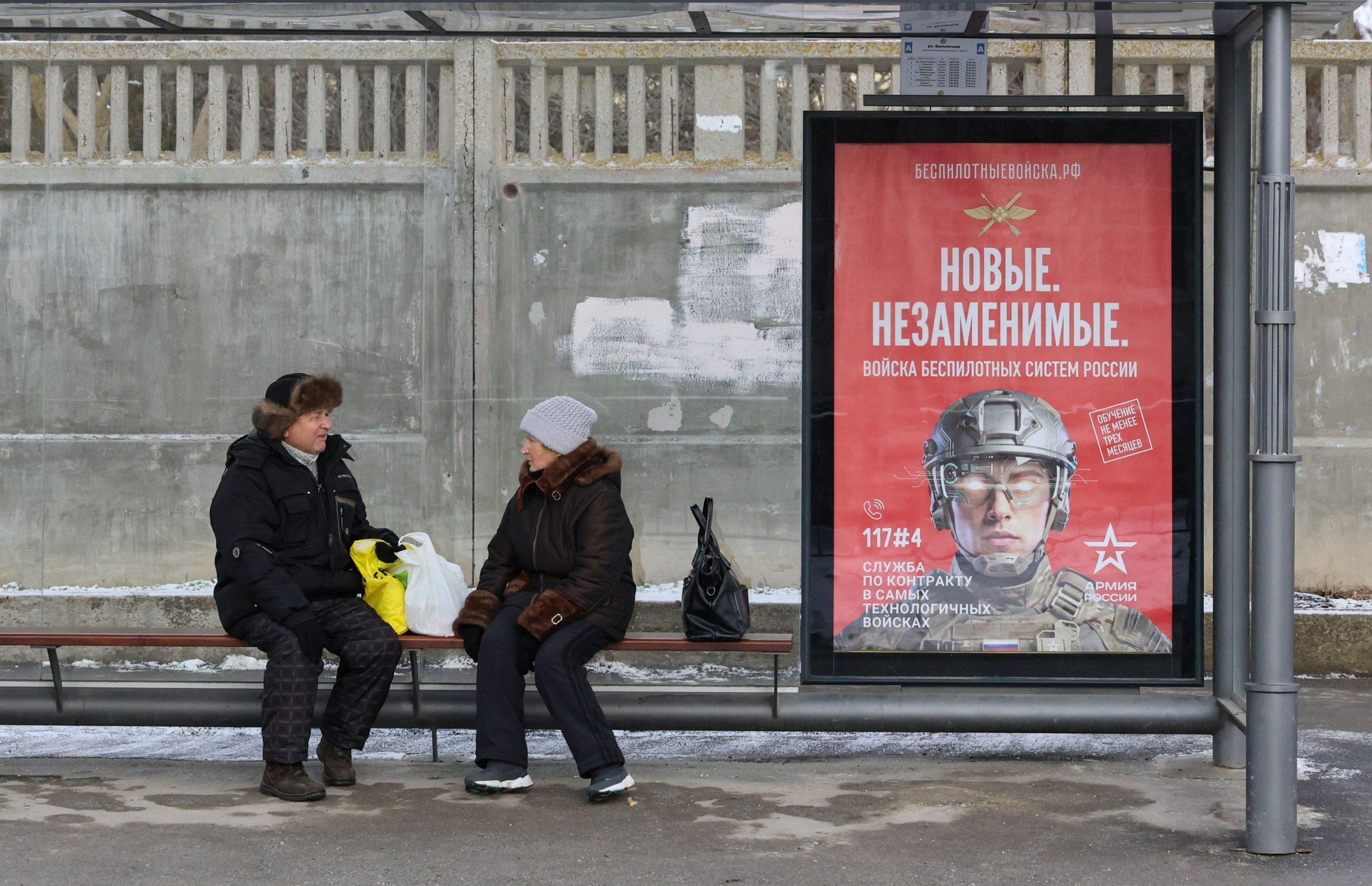The decrease in births and, at the same time, the increase in deaths combined with immigration that continues at an unabated pace have resulted in the decrease of population recorded in the first (provisional) results of the 2021 census, which were released yesterday by the Hellenic Statistical Authority.
Thus, the country’s population is down by 3.5% compared to 2011, with its inhabitants now estimated at 10,432,481, of which 5,075,249 are men, while there are 281,983 more women.
The three factors affecting the population number
Specifically, as pointed out by the president of the Hellenic Statistical Authority, Mr Thanos Thanopoulos, during yesterday’s presentation of the provisional results of the 22nd Census of Population and Buildings, the decrease in births, the increase in deaths and immigration are the three main factors affecting the population number. In fact, for the first time, he said, we have recorded data on migration mobility from our country to abroad – data that will be presented in detail at a later stage.
This is the second consecutive census in which the permanent population appears reduced, since in the 2001 census the population of Greece was 10,964,020, while a decade later it had fallen to 10,816,286. However, that decrease was clearly smaller than the decrease between the last two censuses.
A population decline is therefore recorded in 12 of the country’s 13 regions, with the South Aegean Region being the only one that goes… against the grain, recording a 5% increase (from 309,015 inhabitants in 2011 to 324,542). In fact, in four regions – Western Greece, Peloponnese, North and South Aegean – men outnumber women.
The first region, in terms of population, is Attica (3,792,469 people), recording, together with the Region of Crete, (617,360 people) the smallest decrease (0.9%), followed by the Region of Central Macedonia (1,792,069 people and a decrease of 4.8%). In fact, according to provisional data, the largest decrease in Attica is recorded in the Regional Unit of the Islands (6.3%), followed by the Central Sector (3.2%). However, three regional units, East and West Attica and the North Sector, recorded an increase – 2.8%, 2.4% and 1.1% respectively. This increase, as experts emphasize, is related to internal migration, which, according to the Hellenic Statistical Authority, in the 2021 census has been dynamically observed.
In the midst of a pandemic
It is worth noting that this is a special census, conducted under unprecedented conditions, and despite the Covid-19 pandemic, the Hellenic Statistical Authority did not suspend the process, as happened in other European countries, with Germany being the most notable example. According to Mr Thanos Thanopoulos, this census could be characterized as a milestone, being the first digital census in the history of Greece, “with an extremely high participation rate in electronic self-registration, while the innovative way of collecting the data allowed, despite the difficulties due to the pandemic, a mass participation”.
At the same time, he pointed out, “the possibility, for the first time in the history of censuses in Greece, of interfacing with administrative sources made it possible to immediately and reliably identify errors, such as virtual entries, double entries etc. and ensured the quality and reliability of the results, while the depth of the data collected is the basis for the creation of the first structured Statistical Register in the country.”
It is worth noting that Greece is one of the countries that continues the traditional decennial census, when other countries conduct shorter annual population surveys based on administrative data. This is, of course, the direction in which our country intends to move, as from next year, according to the European regulation, it will have to provide census data on the population and its characteristics on an annual basis. We could therefore say that the 2021 census may be the last… traditional one.












![Φορολογικές δηλώσεις: Να πάρω «φορολογικό διαζύγιο» ή όχι; [Μέρος 2ο]](https://www.ot.gr/wp-content/uploads/2026/02/efor.jpg)



























